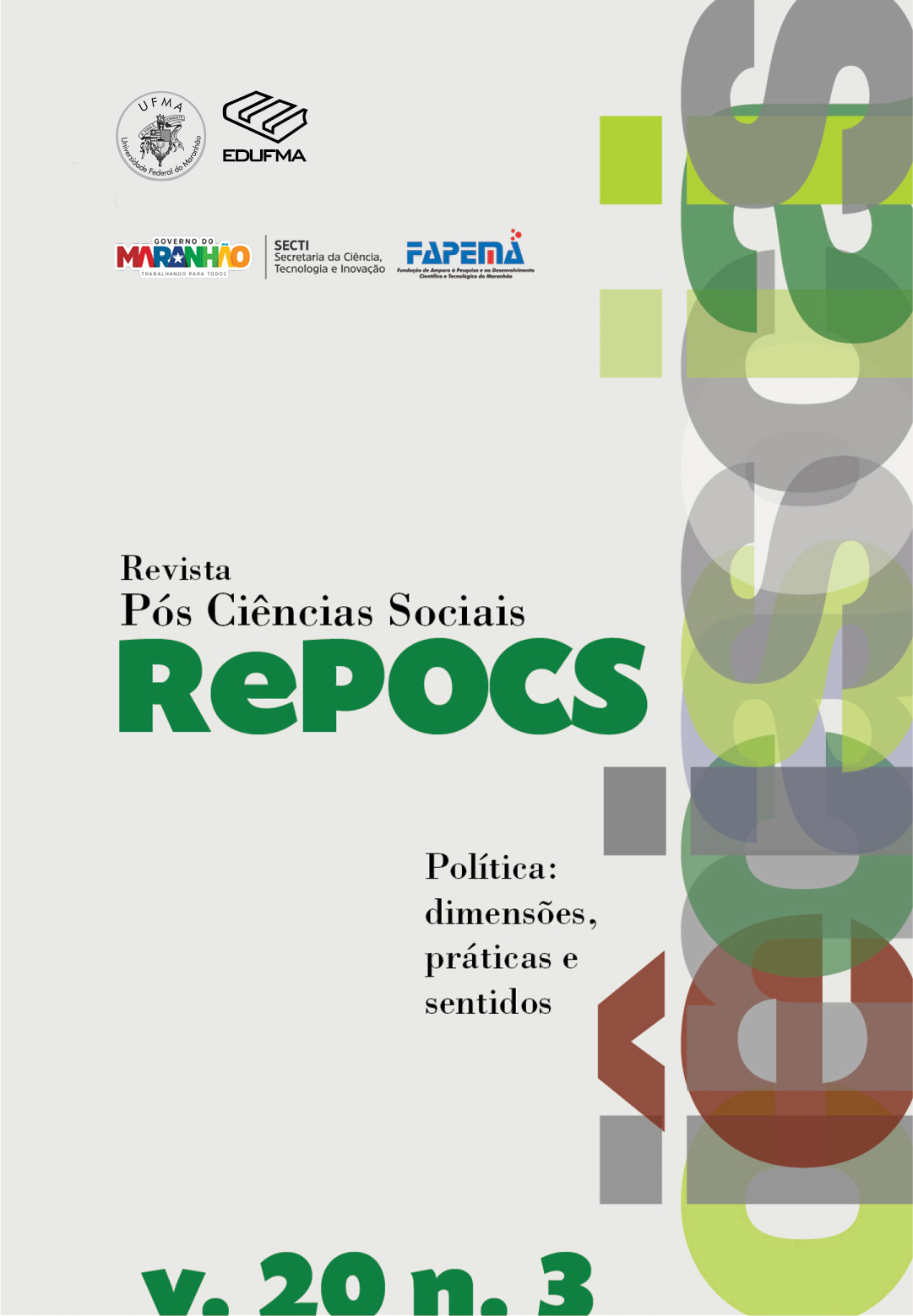Resignification of symbolic losses in lava jato: the case of the companies Camarco Corrêa, Norberto Odebrecht and Andrade Gutierrez
DOI:
https://doi.org/10.18764/2236-9473v20n3.2023.28Keywords:
Lava Jato, Investigation, Construction sector, Reconstruction of the image, Economic eliteAbstract
The investigation known as “Lava Jato”, which began in 2014, involved political parties, businessmen, state agents and the construction sector in Brazil. This article focuses on the deterioration of the image of three companies in the construction field and the strategies adopted to rebuild their reputation. Lava Jato resulted in symbolic and economic losses for the three companies involved. Through qualitative research and content analysis, it is evident that the Public Prosecutor’s Office’s denunciations highlighted acts of corruption as rational individual conduct by the agents denounced, emphasizing it as a moral deviation. After the arrest of the economic elite, companies began to rebuild their image through documents that emphasize integrity, transparency, compliance and ethics, denying corruption and the deviant behavior of the past. The analyses conclude that the companies have made changes to their logos, images, boards and internal documentation, seeking legitimacy through ethics and transparency. This process of image reconstruction involved selective forgetting and the creation of a new public memory, allowing companies to choose what to remember and what to forget (DOUGLAS, 1998). The change included erasing the surnames associated with “Lava Jato” investigation.
Downloads
Downloads
Published
How to Cite
Issue
Section
License

This work is licensed under a Creative Commons Attribution 4.0 International License.
Direitos autorais Revista Pós Ciências Sociais
Este obra está licenciado com uma Licença Creative Commons Atribuição 4.0 Internacional.


